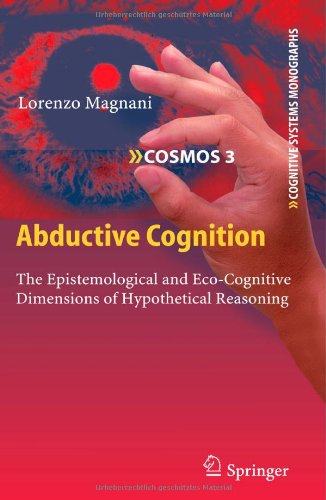

Most ebook files are in PDF format, so you can easily read them using various software such as Foxit Reader or directly on the Google Chrome browser.
Some ebook files are released by publishers in other formats such as .awz, .mobi, .epub, .fb2, etc. You may need to install specific software to read these formats on mobile/PC, such as Calibre.
Please read the tutorial at this link: https://ebookbell.com/faq
We offer FREE conversion to the popular formats you request; however, this may take some time. Therefore, right after payment, please email us, and we will try to provide the service as quickly as possible.
For some exceptional file formats or broken links (if any), please refrain from opening any disputes. Instead, email us first, and we will try to assist within a maximum of 6 hours.
EbookBell Team

0.0
0 reviewsThis volume explores abductive cognition, an important but, at least until the third quarter of the last century, neglected topic in cognition. The book aims at increasing knowledge about creative and expert inferences. The study of these high-levelmethods of abductive reasoning is situated at the crossroads of philosophy, logic, epistemology, artificial intelligence, neuroscience, cognitive psychology, animal cognition and evolutionary theories; that is, at the heart of cognitive science. Philosophers of science in the twentieth century have traditionally distinguished between the inferential processes active in the logic of discovery and the ones active in the logic of justification. Most have concluded that no logic of creative processes exists and, moreover, that a rational model of discovery is impossible. In short, scientific creative inferences are irrational and there is no “reasoning” to hypotheses. On the other hand, some research in the area of artificial intelligence has shown that methods for discovery could be found that are computationally adequate for rediscovering – or discovering for the first time – empirical or theoretical laws and theorems.